It’s summer! Time to throw your learners in the car and take off on a grand adventure. But if your learners are, well...children…even the most organized, best-laid plans can rapidly swirl into a downward spiral, sucking up your wits, patience and sanity. Today, tips and tricks to predict and smooth out travel challenges before they happen.

“Are we there yet?”
“How much longer ‘til we get there?”
“Why isn’t the plane moving? Do we really need to keep our seatbelts on?”
“I’m bored.”

If you’ve traveled with young (or even not-so-young) learners, you’ve endured these pleading entreaties at least 100 times per trip. With clever advanced planning, it is indeed possible to keep everyone engaged along the way to the final destination – and back home again!

Travel Tips & Tricks
So You Don't Drive Each Other Crazy

Anticipate expected – and unexpected – challenges. The chatterbox child who can’t sit still for a ten-minute math lesson will not suddenly transform into an unmoving, silent, angelic statue on an 8-hour drive. Don’t expect him to.
Remember that no matter how well you try to plan in advance, special trips and vacations rarely occur without some kind of bizarre twist that you couldn’t have possibly envisioned. This is life. Roll with it.

Limit driving travel to a reasonable number of hours per day, based on your youngest learner’s tolerance. When I was growing up, my parents planned our annual, summertime, 1000-mile road trip to visit grandparents in a methodical way. Each day, we began driving at 4:30-5:00 am and stopped for breakfast a few hours later. After driving until mid-afternoon, my family stopped for the night to swim in a hotel pool and eat dinner (always with ice cream for dessert!) Despite not enjoying the long drives (I was the youngest child), I vividly and fondly recall the exciting breakfasts, swims, and ice cream!

Delve into a research project with your learners, investigating intriguing landmarks, museums, parks or random mini-adventures along your travel route. Choose a little something for everyone! If you have older learners, solicit their help in mapping out a stimulating itinerary.
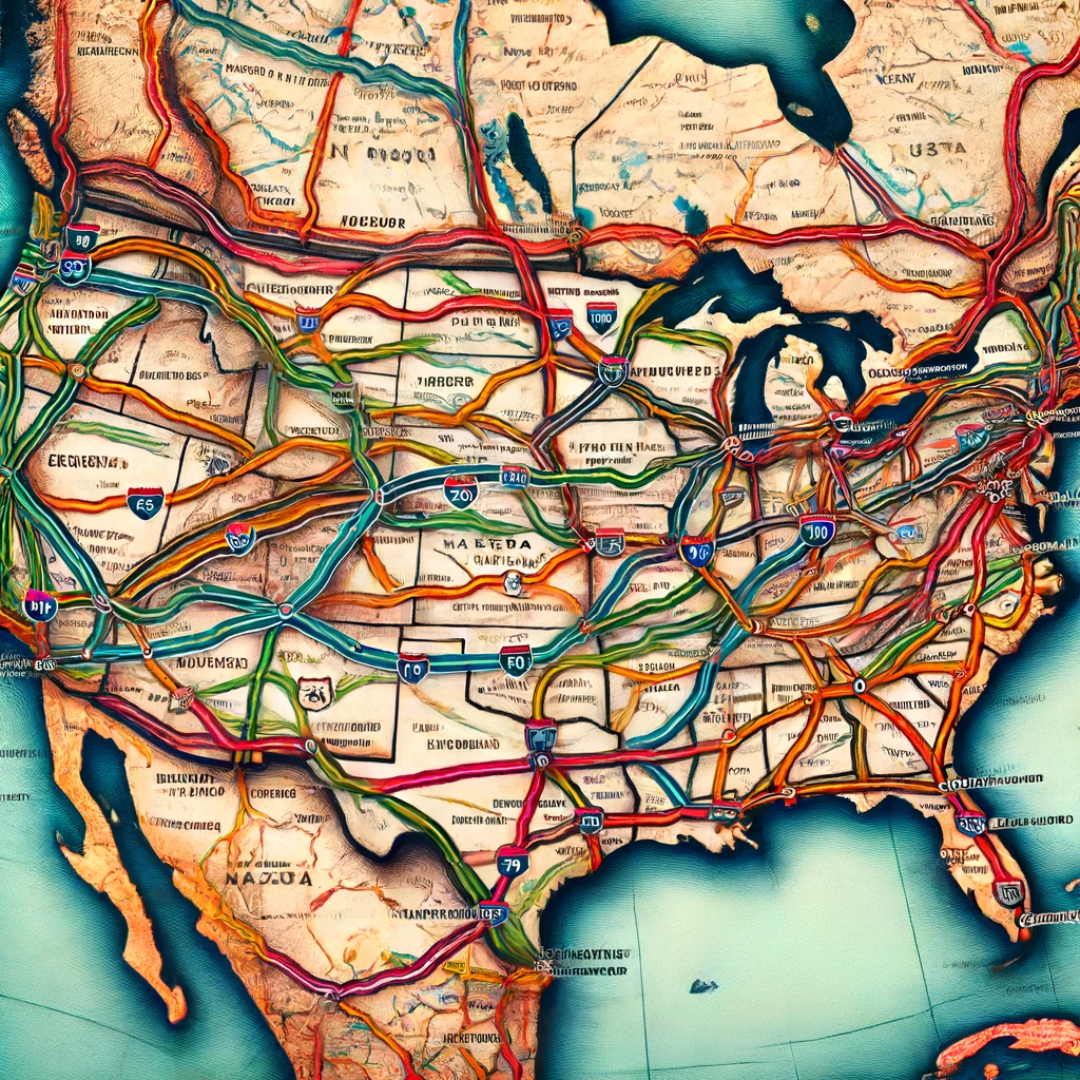
The object of this terrific observation-skill-building game is to “collect” the most state license plates. As you drive along, learners jot down a list the state license plates they see.

Peer out the windows at the surroundings whizzing by and take turns finding objects that begin with each letter of the alphabet.

About three months prior to your trip, gradually gather inexpensive puzzles, games and trinkets at the local dollar store, tailored to each of your learners’ preferences. Stuff them in treat bags and save these bags for trip-exclusive-use only.
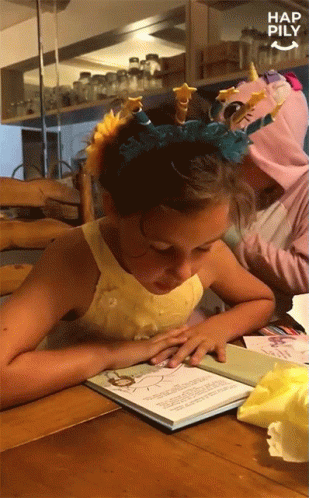
Listen to music, audio podcasts, audiobooks or educational lectures when you’re on the move! Everyone gets to choose a favorite – rotate turns.

Adults and children of all ages master storytelling skills by building a funny or suspenseful narrative sentence by sentence. Each participant adds one or two lines to the tale. Encourage your learners to incorporate sights, ideas and experiences from their travels.

Take a tech break for a few hours or all day…both learners and adults! Be patient – it takes time to adjust from online to offline mode.
Put down the phones, power off the tablets and look out the window. Amuse yourselves with the glorious world around you and without electronic stimuli. It’s possible! In ancient times, I grew up that way.

Foster a sense of curiosity by posing thought-provoking questions on any age-appropriate topic. Start with simple subjects. Coach your learners on logical thinking and dialogue. Bring along logic puzzle workbooks for each level of learner.

Ask your learners collaborative problem-solving questions. For example…
If you were stranded on a desert island, what ten objects would you choose to bring? How would you survive using those objects?”
Answers and survival plans will vary based on students’ ages. Encourage them to cooperate, listen to each other and brainstorm optimal solutions. Include a sketchbook and colored pencils in the treat bags. Challenge learners to draw the shelter they would build, sketch the food they would eat and list their daily survival plan.
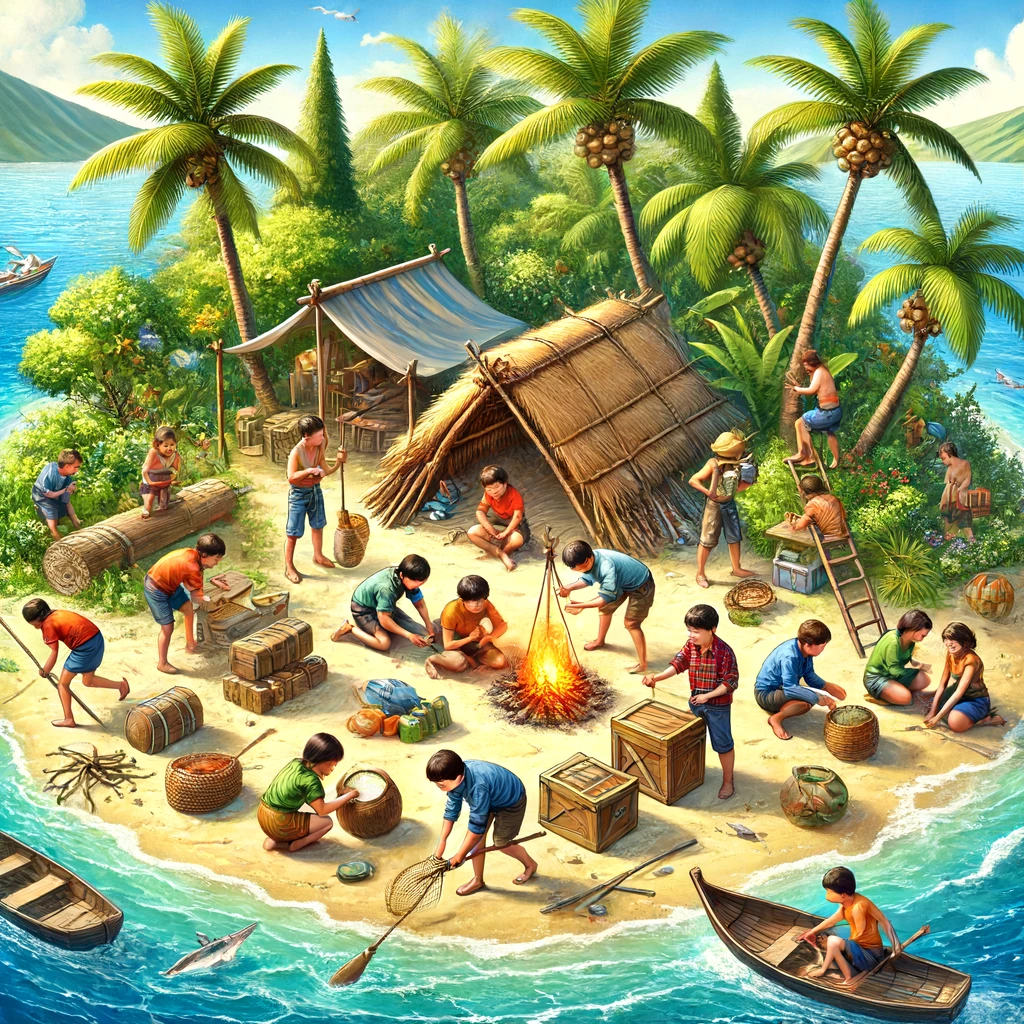
If time for drawing and journaling eludes you in the hustling day-to-day-ness of life, a trip is a perfect opportunity to incorporate these activities. Generate prompts based on where you are going or what you see in the environment. If your brain needs a rest, let learners brainstorm their own prompts!

Children and adults need stretch breaks. Play a quick, refreshing game of tag at a rest stop and get the blood pumping. Run-around breaks expend pent-up energy and increase focus/attention levels. They also make adults a tad more patient.


With a little forethought and a small budget, you can maximize learners’ engagement and transform dull travel time into a marvelous adventure. Your children still might not love long trips…but a few funny memories will undoubtedly morph into family classic tales over the years to come!

Find Your Education Autonomy
Explore the universe of community-led learning spaces with edTonomy. Our platform is designed to empower educators to innovate and create lasting impact beyond the classroom, turning educators into entrepreneurs and redefining 'classroom' as any space where learning happens.







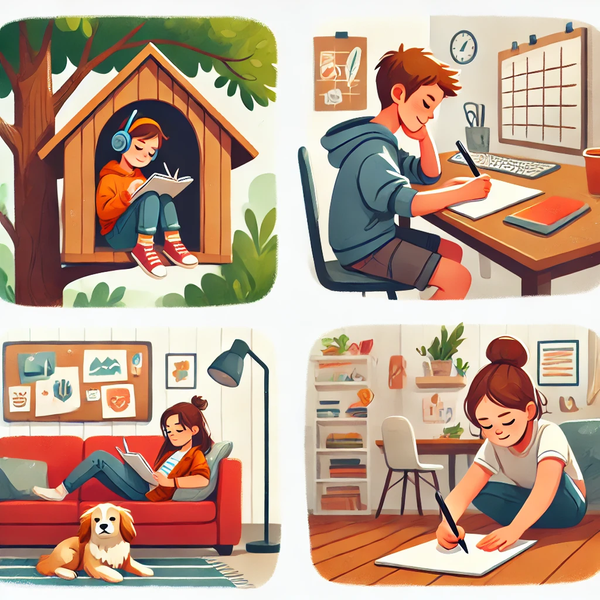

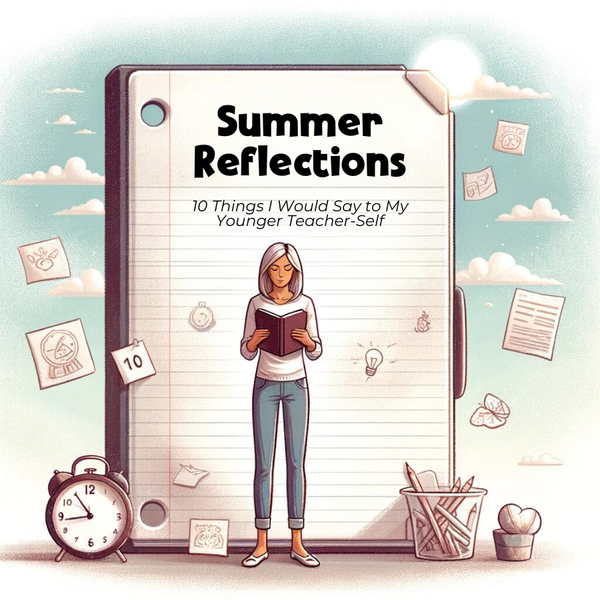

Member discussion